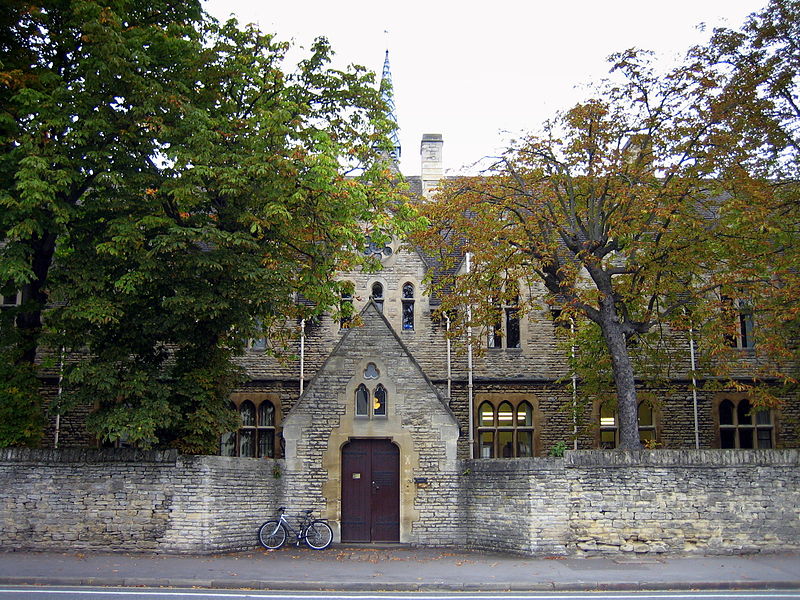Seminars in the UK
On the 2-10 of March Ekaterina Borisova, deputy director of the ISCID, made a business trip to the UK. She took part in workshops at Brunel University London and Oxford, and also held meetings with her colleagues at London School of Economics and Warwick University.

Workshop at Brunel University London took place on the 4th of March. Ekaterina Borisova read a paper “Trust, preferences for redistribution and institutions” co-authored with Koen Schoors and Denis Ivanov.
On March 9 Ekaterina was invited to attend Russian and Eurasian Studies Centre Seminar in St Antony’s College, Oxford as a speaker with a paper “Social capital and the housing renovations programme in Russia”.
“Trust, preferences for redistribution and institutions”
We study how institutional quality and perceived neediness moderate the relationship between generalized trust and preferences for redistribution. Following Algan et al. (2016), we hypothesize that trusting individuals are more supportive of redistribution in favor of target groups with a high propensity of free-riding, like the poor or the unemployed, if the institutional environment is more likely to detect and penalize free-riders. However observation of economic shocks in the direct environment could diminish the effect of trust. These effects should not be pronounced for groups conventionally thought of as unambiguously deserving or delineated with free-riding proof eligibility criteria, like the disabled or families with children. We build a formal model and empirically test our predictions with the data from the Life in Transition II survey. We confirm our hypotheses thus finding that trust and formal institutions are complements with respect to their effect on preferences for redistribution while the observed neediness and trust are substitutes in the decision to contribute.
“Social capital and the housing renovations programme in Russia”.
Many theoretical and empirical works show positive impact of social capital on development and well-being, others establish destructive influence of historical events on the currents levels of social capital. Fewer papers pay attention to the creation of social capital in spite of the pronounced importance of this question. This paper employs renovation housing policy in Moscow to show its effect on the social capital of homeowners. We use original survey of 2000 Muscovites provided in 2018 and exploit the fact that buildings were originally selected by the city without popular input, making inclusion plausibly exogenous from the standpoint of individuals. We therefore take advantage of the initial assignment of buildings to compare those that were included to residents of similar nearby buildings that were never eligible in order to gain leverage over the question of how inclusion shaped social capital, i.e. trust, norms, and networking with neighbors. We do find significant positive effects of the program on many social capital variables. Thus we not only contribute to the literature on social capital formation but also show that even authoritarian policy making that was not intended to increase social capital may actually do this.
